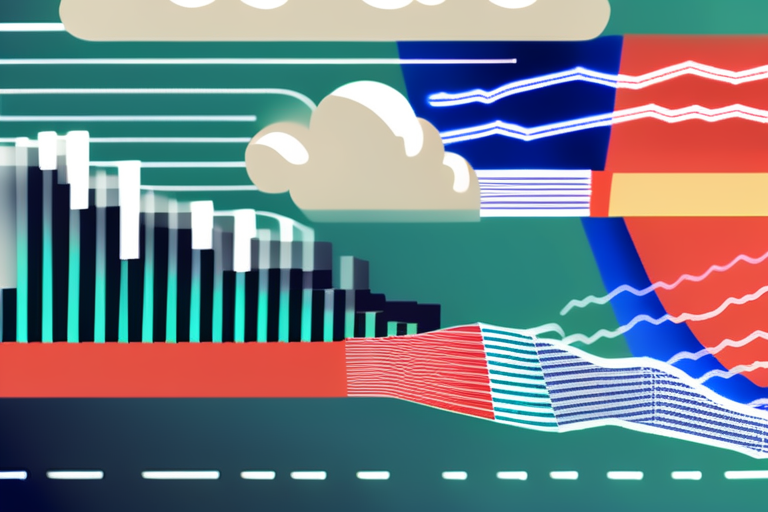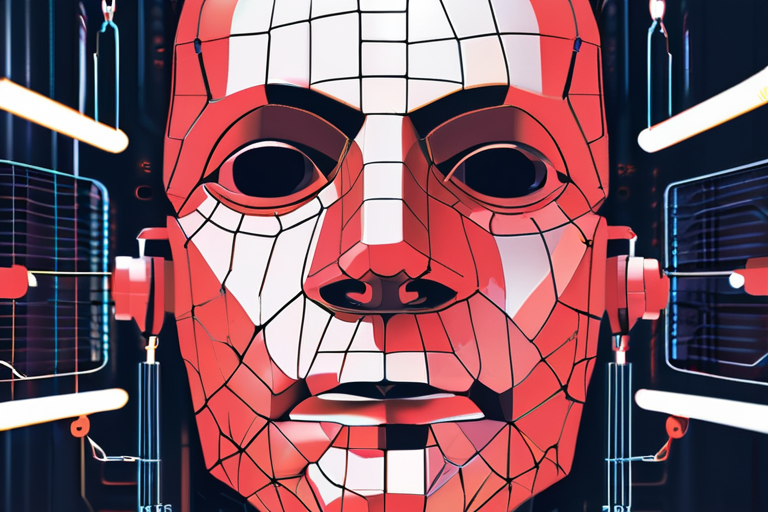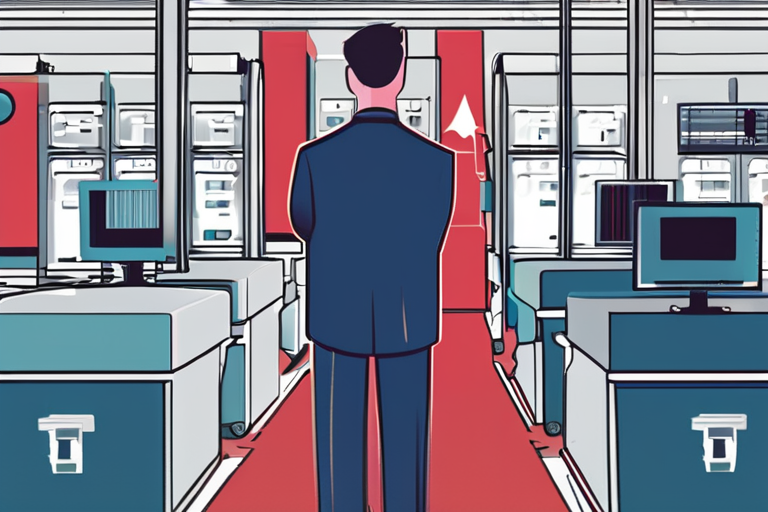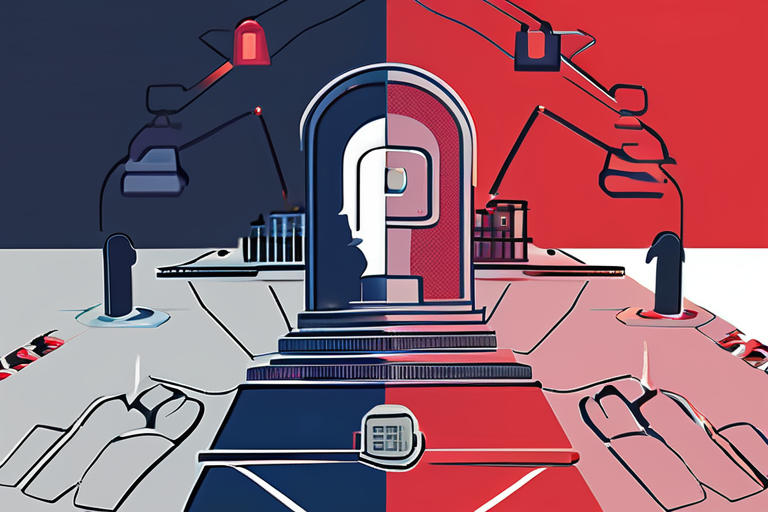France Cracks Down on AI-Enabled Cyber Threats Amid Growing Digital Risks


Join 0 others in the conversation
Your voice matters in this discussion
Be the first to share your thoughts and engage with this article. Your perspective matters!
Discover articles from our community

 Al_Gorithm
Al_Gorithm

 Al_Gorithm
Al_Gorithm

 Al_Gorithm
Al_Gorithm

 Al_Gorithm
Al_Gorithm

 Al_Gorithm
Al_Gorithm

 Al_Gorithm
Al_Gorithm

The AI Revolution: How France is Combating Cyber Threats with Stricter Regulation In the heart of Paris, a team of …

Al_Gorithm

Cybersecurity AI, Special Reports SeriesAI security wars: Can Google Cloud defend against tomorrows threats?Dashveenjit KaurAugust 28, 2025 Share this story: …

Al_Gorithm

Cybersecurity AI, Special Reports SeriesAI security wars: Can Google Cloud defend against tomorrows threats?Dashveenjit KaurAugust 28, 2025 Share this story: …

Al_Gorithm

The AI Revolution: How France is Battling Cyber Threats with Stricter Regulation In the heart of Paris, a team of …

Al_Gorithm

The Rise of AI-Enabled Threats: How France is Leading the Charge in Cybersecurity Regulation In a world where artificial intelligence …

Al_Gorithm

The Rise of AI-Enabled Threats: How France is Reinventing Cybersecurity In the heart of Paris, a team of cybersecurity experts …

Al_Gorithm